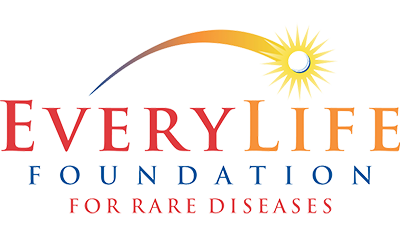
Regulatory Agencies
About Drug and Medical Device Government Regulators
How the NTA works with the Government Drug Regulators
The goal of the NTA is to collaborate on all aspects with the FDA and relative government regulatory agencies. Our hope is to:
- Offer a single community voice when interacting with Government Drug Regulators.
- Assist Companies with interactions with government regulators especially when the NPC community voice is needed.
- Update NPC families on all public communications between government drug regulators with companies and NPC organizations.
- Coordinate communication between families, health care providers and government regulators.
Food and Drug Administration
For rare diseases, the Food and Drug Administration is responsible for facilitating, supporting and accelerating the development of drug and biologic products for the benefit of patients with rare disorders.
- Coordinate the development of CDER policy, procedures and training for the review of treatments for rare diseases.
- Assist in outside development and maintenance of good science as the basis for the development of treatments for rare diseases.
- Work collaboratively with external and internal rare disease stakeholders to promote the development of treatments for rare disorders.
- Maintain collaborative relationships with CDER's review divisions to promote consistency and innovation in the review of treatments for rare disorders.
- Work collaboratively with international regulatory agencies to discuss and exchange scientific and regulatory information related to rare diseases.
Learn more at fda.gov.
European Medicines Agency
The mission of the European Medicines Agency (EMA) is to foster scientific excellence in the evaluation and supervision of medicines, for the benefit of public and animal health in the European Union (EU).
For rare diseases, the Agency is responsible for reviewing applications from sponsors for orphan designation. To qualify for orphan designation, a medicine must meet a number of criteria:
- It must be intended for the treatment, prevention or diagnosis of a disease that is life-threatening or chronically debilitating;
- The prevalence of the condition in the EU must not be more than 5 in 10,000 or it must be unlikely that marketing of the medicine would generate sufficient returns to justify the investment needed for its development;
- No satisfactory method of diagnosis, prevention or treatment of the condition concerned can be authorised, or, if such a method exists, the medicine must be of significant benefit to those affected by the condition.
Learn more at ema.europa.eu.
Additional International Regulatory Agencies
Recent Communication with Government Drug Regulatory Agencies
May 2020: The NTA committee sent a letter to the FDA informing them of the new Initiative. This letter was also shared with companies in the NPC space and we offered any assistance to them with communication to the FDA.
March 2019: The Niemann-Pick Type C (NPC) community hosted an externally led Patient-Focused Drug Development (PFDD) meeting. The PFDD is a groundbreaking initiative that gave persons with NPC disease and their advocates the opportunity to provide the Food and Drug Administration (FDA), drug developers, and NPC stakeholders with perspectives from our community on a number of important issues.
September 2019: Niemann-Pick Type C (NPC) community published the Voice of the Patient report that summarizes the key points discussed at the meeting, as well as information collected from the NPC community via pre- and post-meeting surveys. Those key points include the challenges presented by the disease and shares patients and caregivers views on current and future treatment options, which they hope will slow or prevent the pervasive symptoms of the disease. Additionally, the report emphasizes their desire to collaborate with the FDA and drug companies to advance research and therapy development.
Rare Disease Advocacy Organizations



